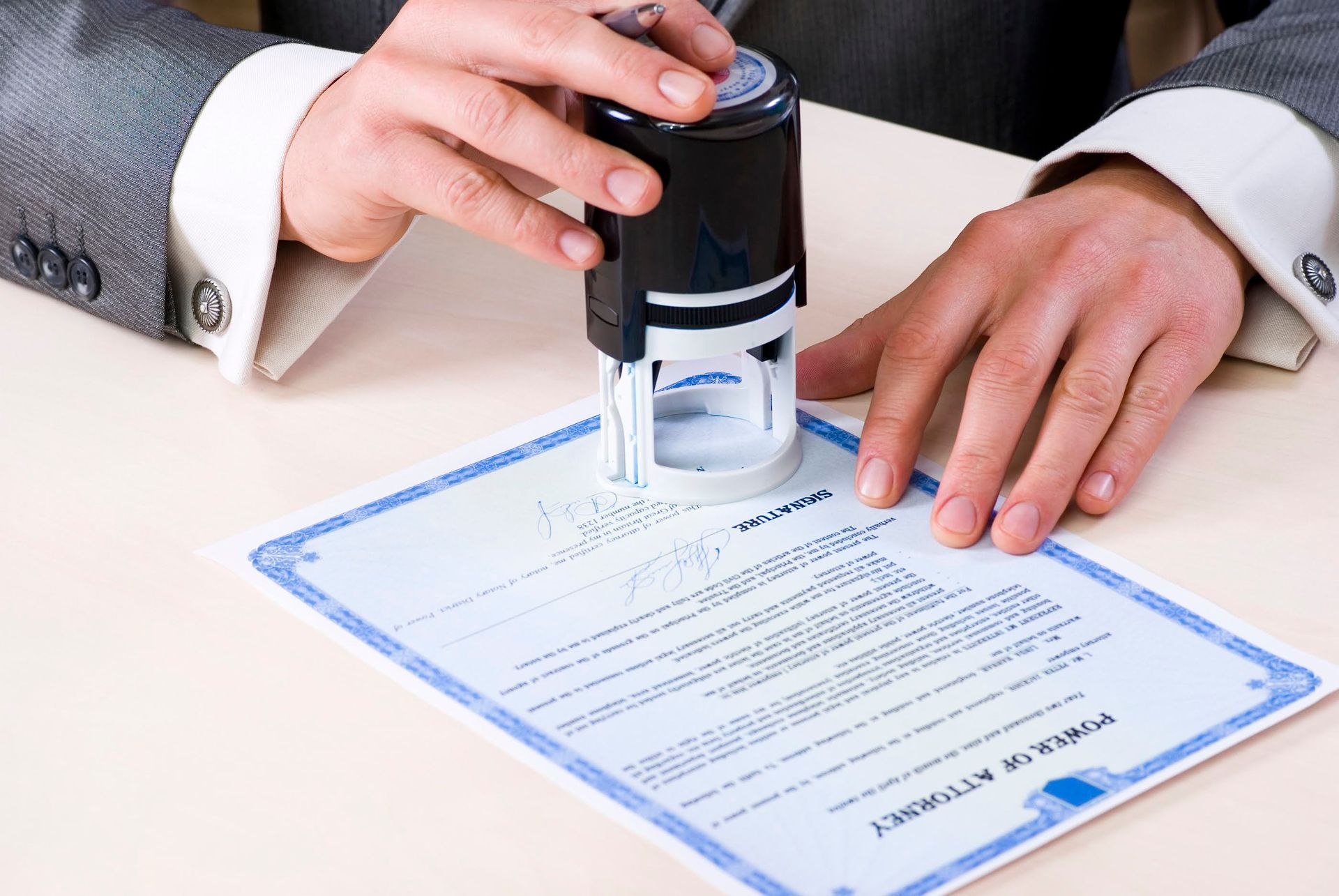Where To Keep Your Will — 5 Storage Options

A will is a crucial document. It clarifies many things, like who will inherit your property. Sometimes, the will's contents never come to light because heirs and attorneys can't locate the document. Hence, proper storage of a will is vital.
So, what are the best places to store a will? Read on to find out.
1. With Your Lawyer
You can ask the attorney who drafted the will to keep it safe. The attorney may agree to store the document for free. If you decide to keep the will with a lawyer other than the one who drafted it, you may have to pay a fee.
Many attorneys have safes for storing key documents. In some states, rules exist on how attorneys must keep clients' records. Your family members and other interested parties should know that the attorney has your will.
You may also leave a copy of the will with your attorney and store the original elsewhere. The copy may be essential if the original disappears.
2. In Your House
You can also opt to keep your will in a secure place in your home. That place should be fire-resistant and able to keep water away. Moreover, the storage place should be structurally sound to prevent thieves and other people from accessing your will. For instance, you can store the will in a safe deposit box that attaches to your house's walls.
You can easily access and revise a will stored in your home. Also, your heirs can easily locate the will after you pass away. However, you must let them know your will's location in advance.
Storing a will in a home may not work for everyone. For example, storms, floods, and hurricanes can destroy your will. Also, your heirs may read your will before death and react negatively.
3. With a Probate Court
You may decide to give your will to a probate court. The probate court will safely store your will and produce the document upon your death. This option is perhaps the most effective, although it's only available in a few states.
Probate court filings are available to the public in some states. Hence, a probate court may not be ideal for people who want to keep their will's contents secret. Fortunately, most states only make the will public after death.
You can choose to amend the will after depositing it in a probate court. The court will still store the previous versions, and your heirs will later have access to all versions of the will. Remember to let your executor know that your will is with the probate court.
4. With the County Clerk
You may have the option of giving your will to a county clerk for safekeeping. The clerk will probably charge some fee to store the original copy of your will. This storage option may not seem ideal, but your beneficiaries and the executor may first start to search for your will at the county office.
Matters may get complicated if you move from your current county. You will have to spend time and money to travel back and amend your will. Moreover, your heirs will have difficulties locating the will.
5. On an Online Document Storage
The latest trend is to store the will on an online storage platform. This storage option protects your will from fire, weather elements, and theft. Some online storage solutions can even notify your beneficiaries about the location of the will.
A will can prevent disagreements after your death and ensure your wishes come to fruition. The process can be even more smooth if you work with Donald B. Linsky & Associate PA. We can help you to draft a will and advise you on the best ways to store it. Contact us for excellent legal services.












